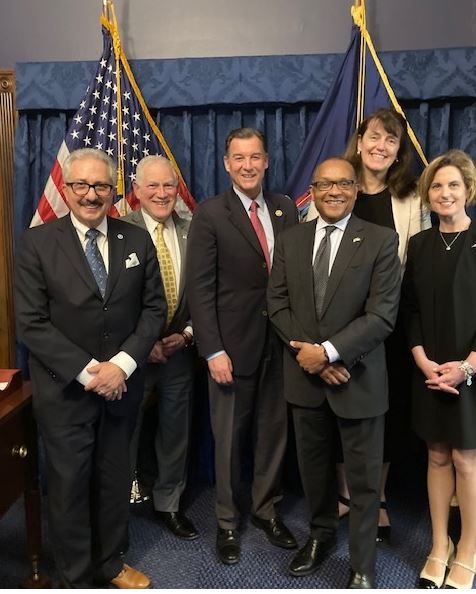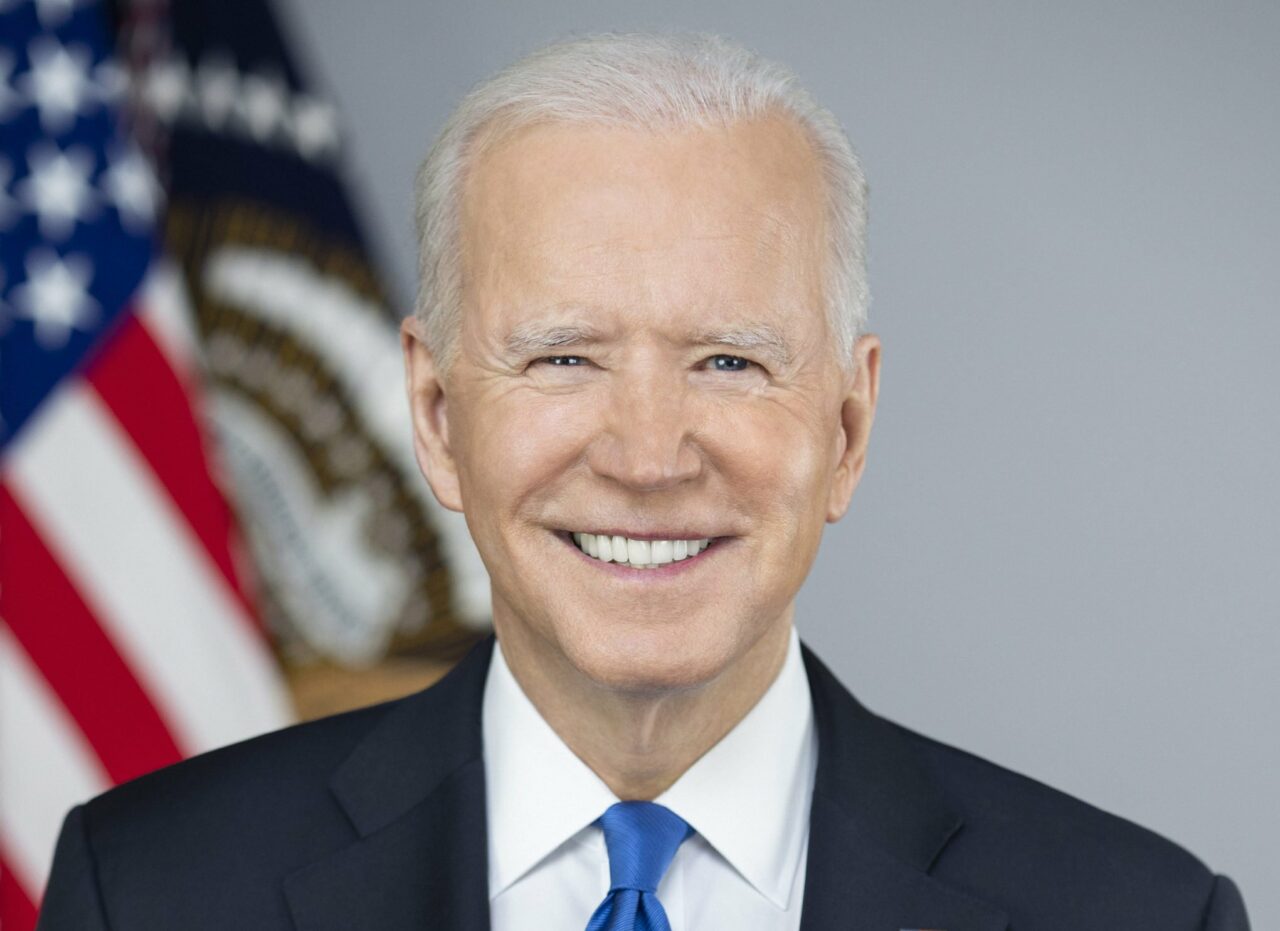NYSBA’S Legislative Priorities: Where We Stand
2.10.2022
As the second half of the 117th Congress gets underway in Washington, the next few months are critical for the success or failure of President Biden’s agenda and the completion of any legislative accomplishments. The midterm elections will be held in November and, historically, the party in power loses seats. In the House of Representatives, all 435 members face reelection. The Democrats hold a narrow four-seat majority. In the Senate, 34 members are up for reelection. In the evenly divided Senate, Democrats must defend 14 seats and Republicans need to protect 20 seats.
An election year poses hurdles for passing ambitious legislation. But this year, given the increased polarization of the legislative body, hardened political rhetoric and a lingering pandemic, it may be a challenge to pass any legislation. And now we have to add a Supreme Court nomination to the agenda! This would be difficult with a full cohort of senators engaged and voting, but U.S. Sen. Ben Ray Lujan’s recent stroke, and resulting absence from the Senate for recovery, further complicates the politics and the math of legislating.
Over the past 40 years, the average amount of time from nomination to confirmation is 70 days. While the Amy Coney Barrett nomination was concluded in near record time, it is expected that the Breyer vacancy will be addressed over the more typical two to three months. With an already contentious political environment, a crowded legislative calendar and a limited number of days in Washington, the fate of many issues is up in the air given the necessity to confirm a new Supreme Court justice.
But there are many critical issues that warrant Congressional attention, and NYSBA will continue vigorous advocacy on several that affect the core mission of the Association, which is to promote equal access to justice for all.
Each year, the New York State Bar Association develops its federal legislative priorities and submits them to Congress for consideration. This year, the Association submitted 10 specific legislative priorities. This article explores the political landscape for the four new priorities.
Modernizing Policing at Key Stages
We are at a crisis point with policing in the United States. Harmful policing practices are resulting in misconduct that disproportionately impacts Black people and a culture that allows these practices to continue unchecked.
Policing needs to be brought into the 21st century by improving policing at every stage, from hiring to discipline.
The Association supports
- Creating a national registry to track problem officers to bolster police accountability and prevent problem officers from moving from one department to another.
- Prohibiting profiling based on race and religion and mandating training on profiling.
- Banning chokeholds, carotid holds and no-knock warrants.
- Requiring the use of federal funds to ensure use of body cameras.
- Amending the prosecution standard for police from “willfulness” to “recklessness” and reforming qualified immunity.
- Requiring stronger data reporting on police use of force.
These priorities were developed by the NYSBA Task Force on Racial Injustice and Police Reform and adopted by the House of Delegates.
The U.S. House of Representatives passed the George Floyd Policing Bill, which addressed many of these provisions. President Biden set a goal of May 25, 2021, the anniversary of George Floyd’s murder, for Congress to enact this bill. However, despite high level bicameral bipartisan negotiations, an agreement in the Senate could not be reached by that date. As of the writing of this article, an agreement has still not been reached.
Equality Act
The New York State Bar Association supports the right of all individuals to be treated with respect and dignity and proudly supports the Equality Act. This measure would expand the protected category of “sex” to include “sexual orientation and gender identity” and provide additional protections within the new expanded category. It would bar discrimination in employment, public schools, housing, credit opportunities, juries and federally funded programs on the basis of sex, gender identity and sexual orientation. It also would prohibit discrimination in places of public accommodation, restaurants, entertainment venues, retail stores, transportation services, health care facilities and funeral homes. Additionally, individuals could not be denied access to shared facilities, such as bathrooms and locker rooms, in accordance with their gender identity. This bill, HR 5, passed the House of Representatives but awaits action in the Senate, where it faces an uphill battle for passage in a divided chamber.
Violence Against Women Act Reauthorization
The Violence Against Women Act (VAWA) is a landmark law first championed by President Biden when he was in the Senate in 1993. The impact of VAWA legislation over a quarter of a century has been transformative, directly impacting the lives of countless survivors of domestic violence, sexual assault, stalking and dating violence. It has been reauthorized three times, each serving as an important opportunity for Congress to expand and enhance the tools and initiatives combating these forms of gender-based violence. The last reauthorization, VAWA 2013, enhanced measures to combat trafficking in persons and to address sex trafficking. VAWA lapsed in 2018, and reauthorization efforts in 2019 failed, leaving many critical programs unfunded. Congress cannot repeat this missed opportunity to enhance protections for survivors of gender-based violence. As of the writing of this article, the House and Senate were close to coming to an agreement to support this measure.
Voting Rights
The right to vote is a fundamental value guaranteed by the United States Constitution. It establishes a benchmark for public participation and must be protected and preserved. The New York State Bar Association has a long history of supporting measures that increase voter participation and inclusion of all communities, prevent discriminatory voting practices anywhere in the United States and protect access to the ballot and the sanctity of the vote. In light of recent measures enacted in states throughout the country, national protection of this fundamental right is more necessary than ever. Bills to accomplish this have passed the House but have not been able to overcome the filibuster in the Senate. Barring some procedural shenanigans, the filibuster will remain in place and the bills will not pass. There is a chance that the president could enact some voting and electoral reforms by executive action.
Other priorities included in NYSBA’s federal priorities include
- Student loan relief for attorneys and non-attorneys in rural, suburban and urban areas.
- Support for the Legal Services Corporation (LSC).
- Firearms and mass shootings.
- Legislative reform to address the crisis in immigration representation.
- Sealing records of criminal conviction.
For more information on these important priorities, please visit the Government Relations Home Page at NYSBA.ORG/GOVERNMENTRELATIONS.
As we have experienced over the past two years, we live in a fast-changing world, with Congress having to act quickly to respond to health, safety and political events. The federal priorities are intended to serve as a blueprint for NYSBA action for 2022, but the Association will need to be responsive to events and adjust priorities as necessary throughout the year. Flexibility may be critical, but the Association will remain a staunch advocate for policies that promote our core values and mission to promote equal access to justice for all. If you are a NYSBA member interested in becoming involved in the legislative priorities process, please look out for an email this summer with more information on how to engage.
Hilary Jochmans, policy director for NYSBA, writes about legislation of interest to members. Previously Jochmans was the director of the New York State governor’s office in Washington for both Andrew Cuomo and David Paterson and has spent a dozen years on Capitol Hill working in the House and Senate.






